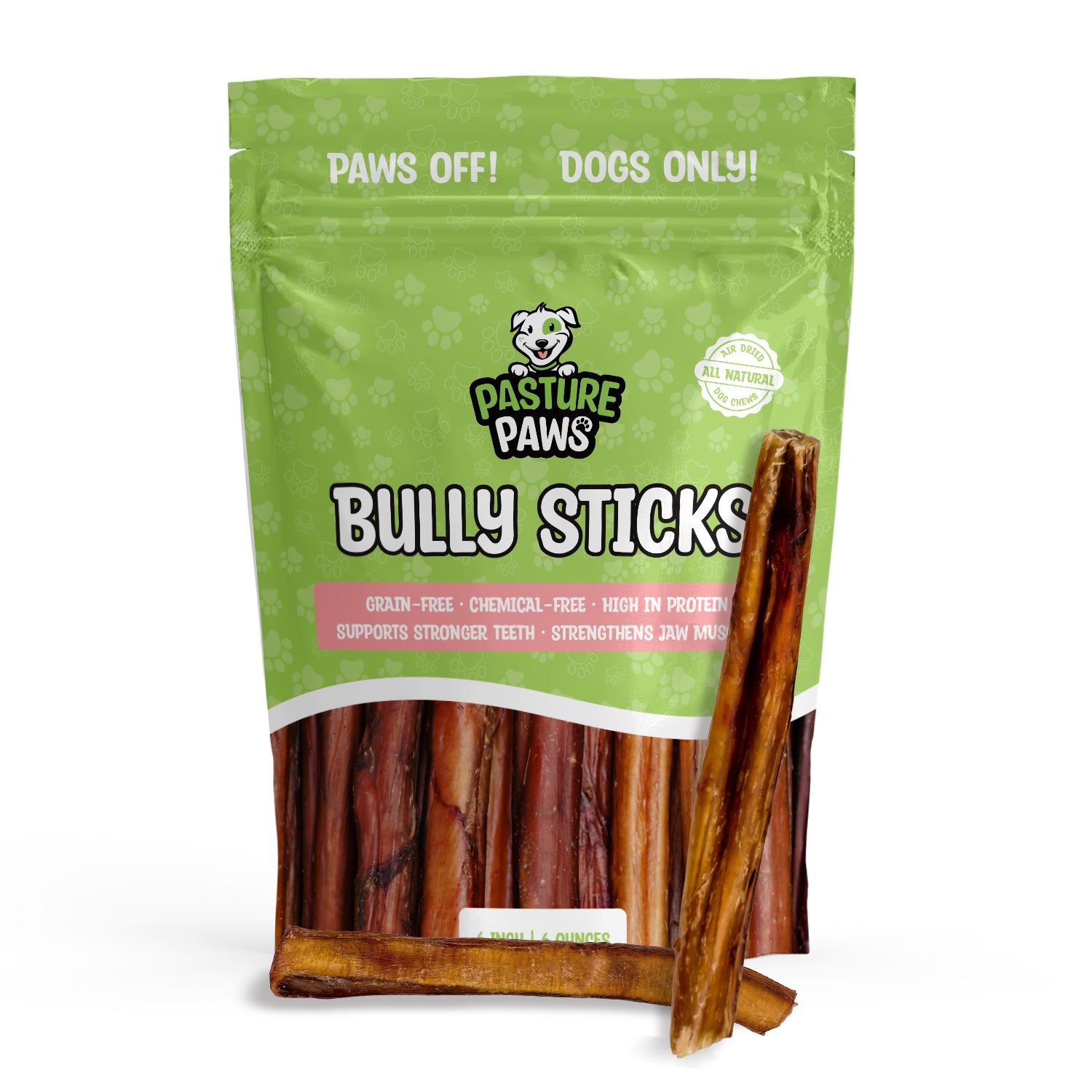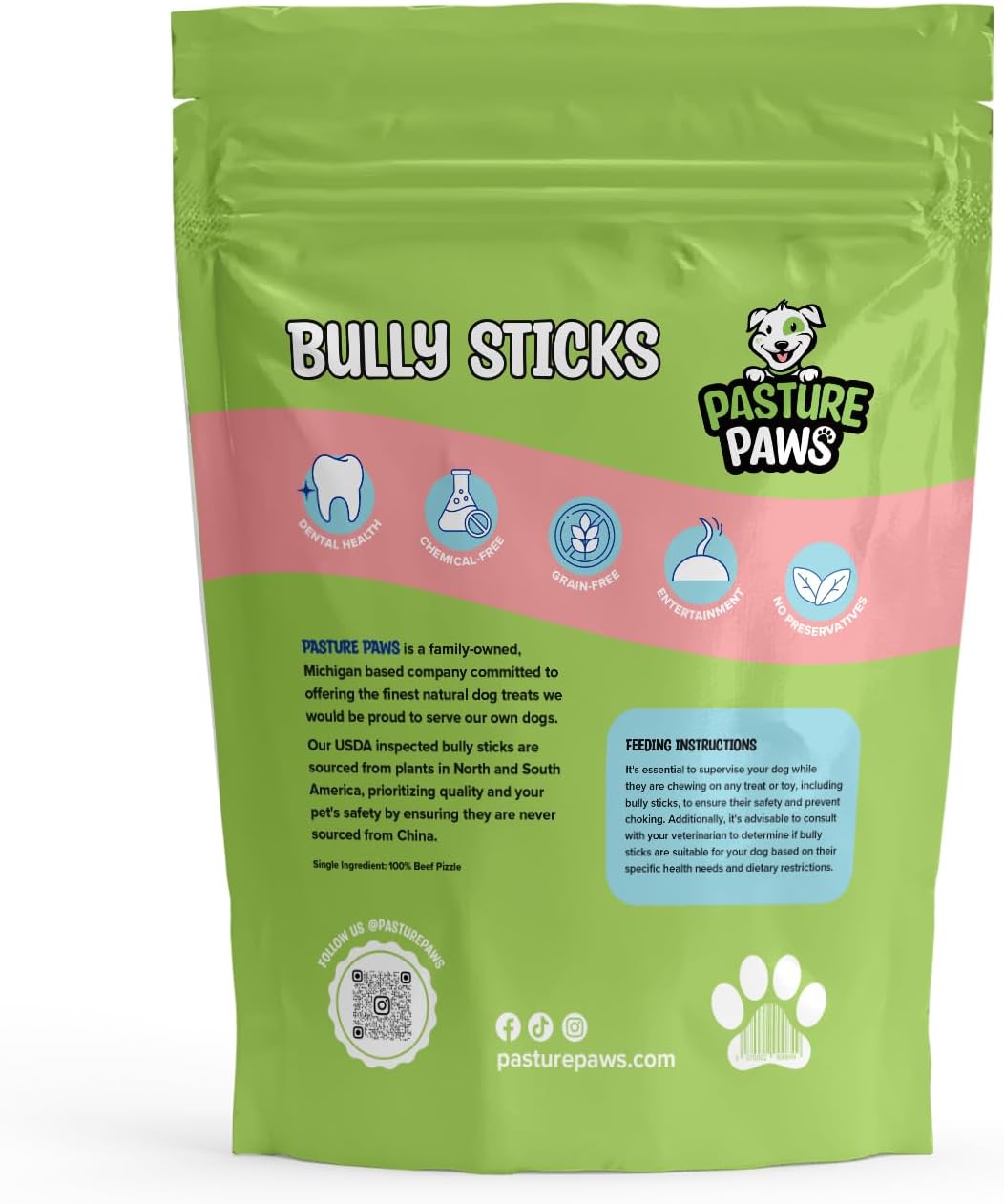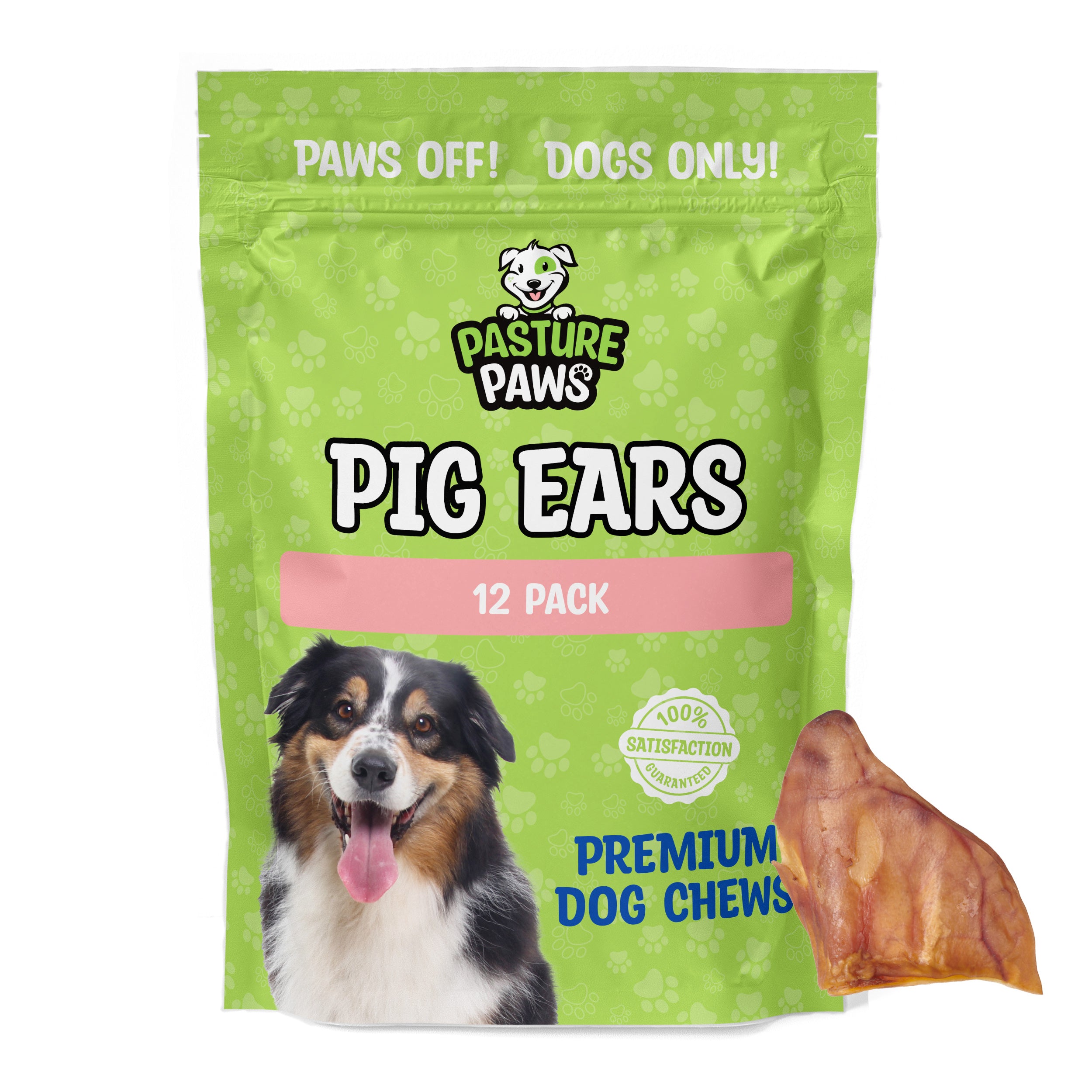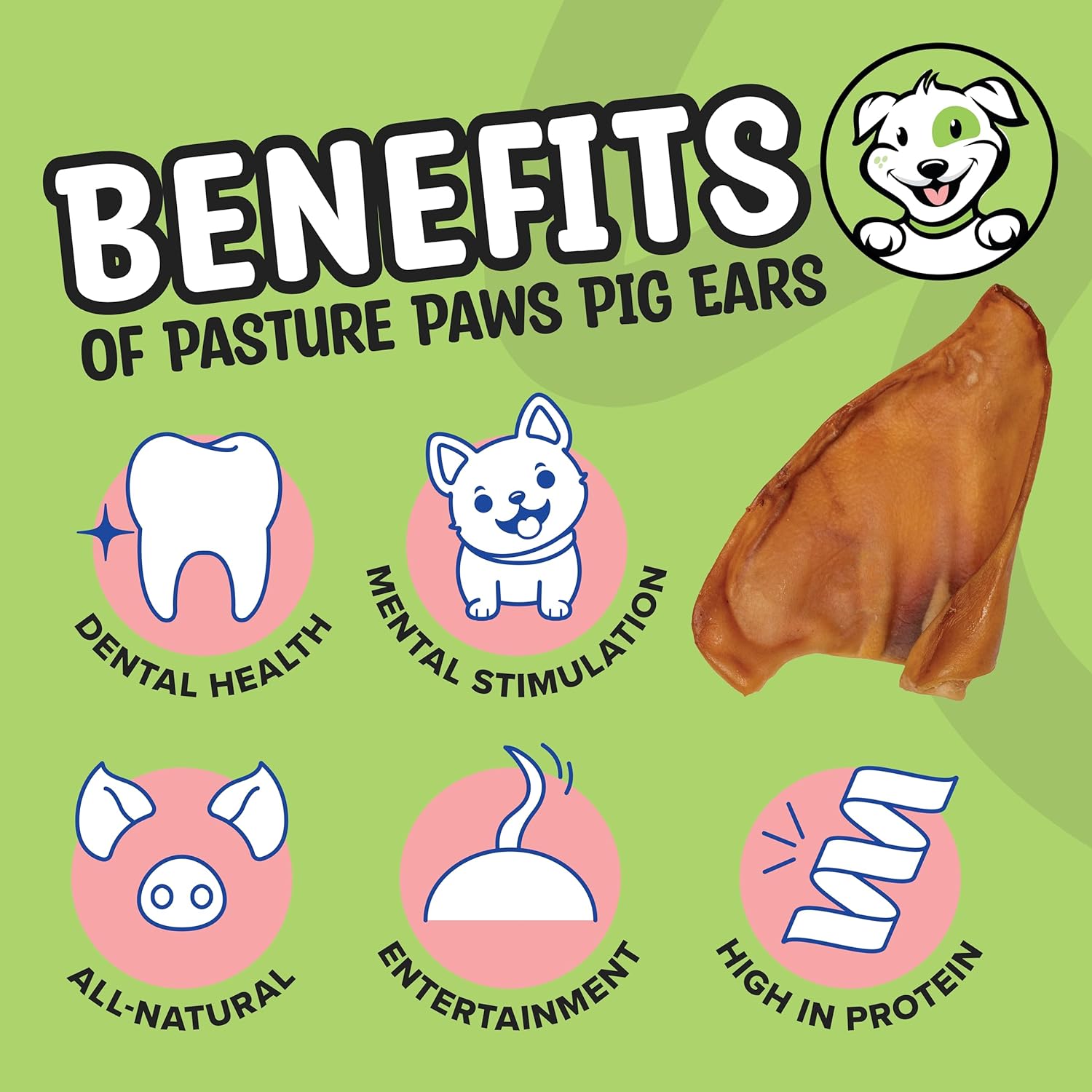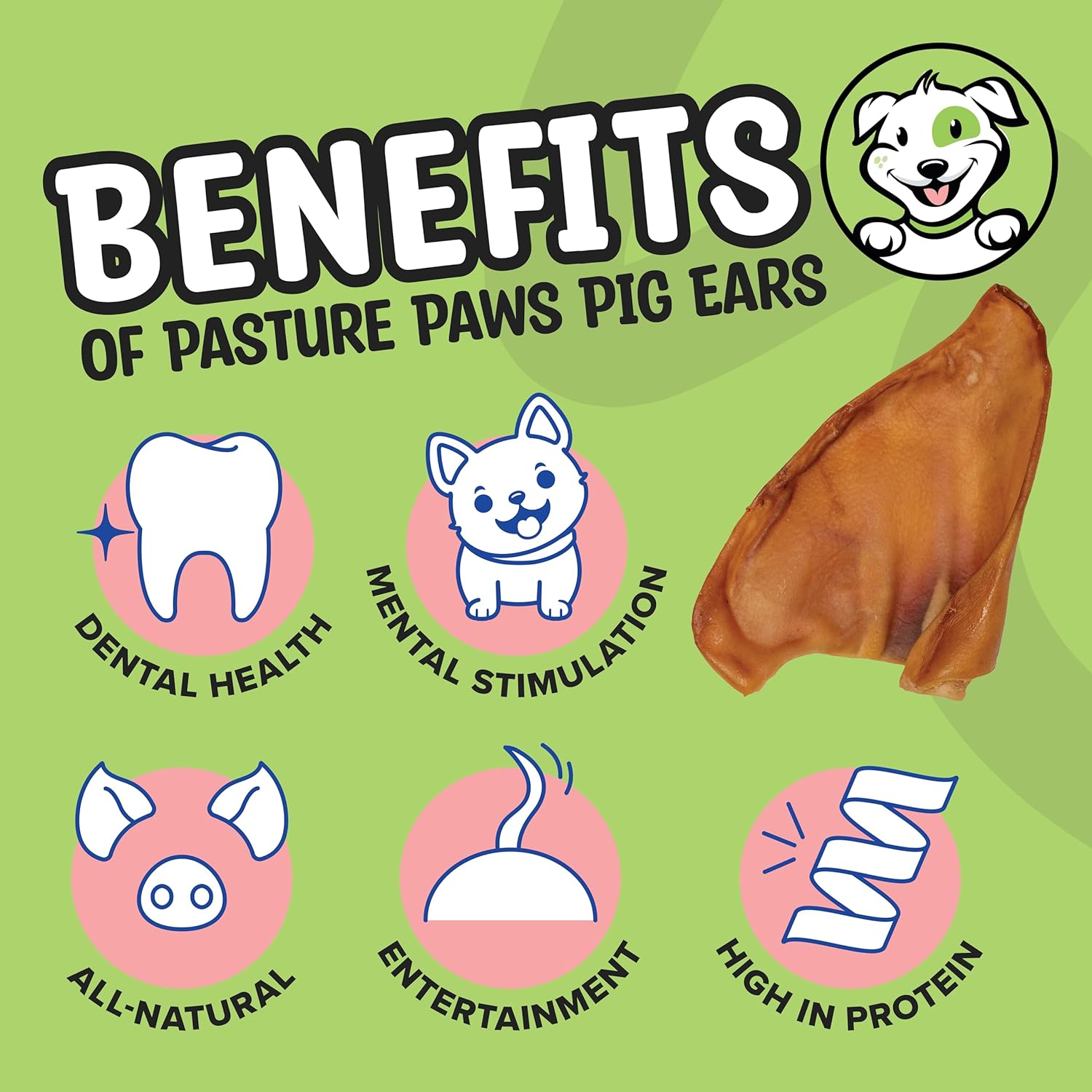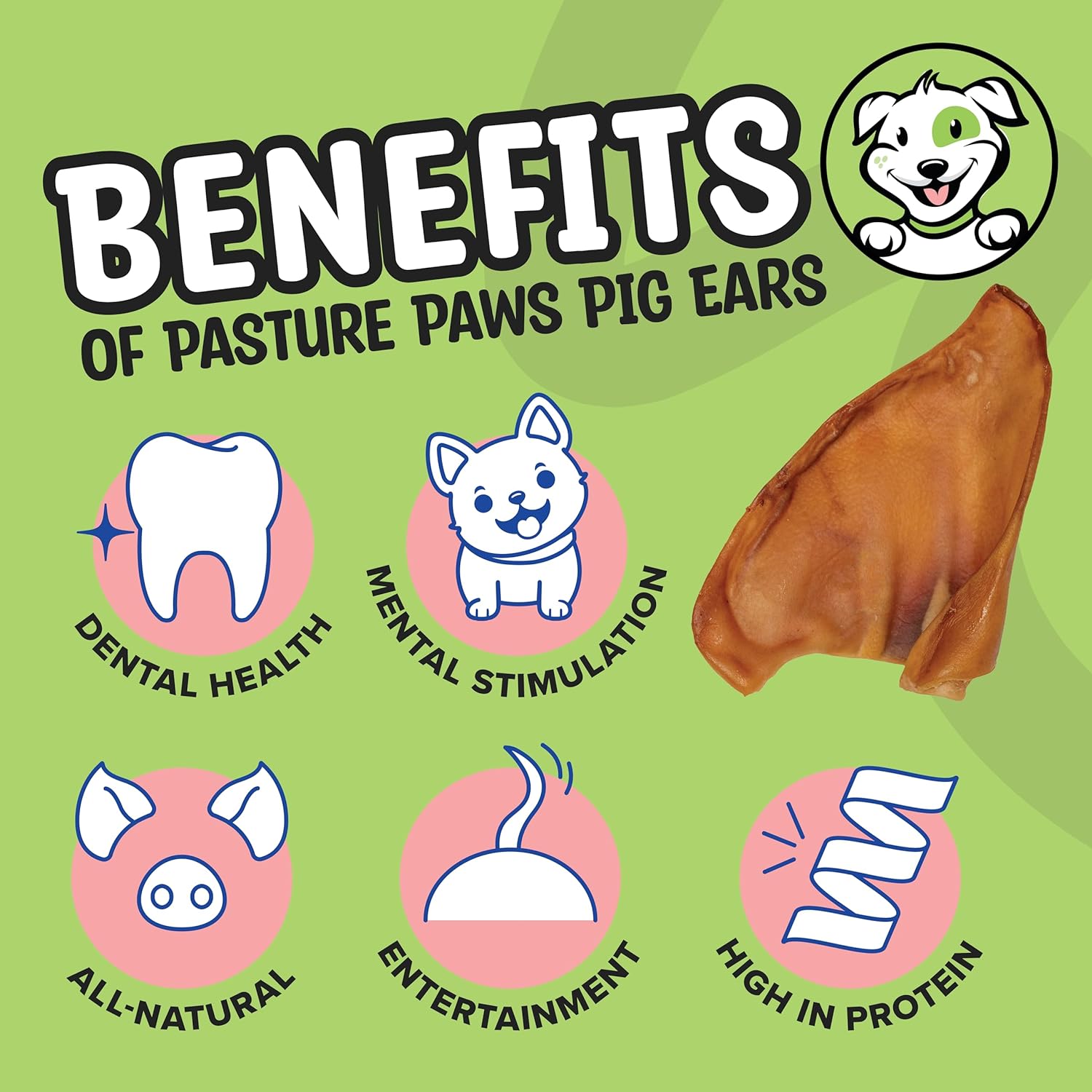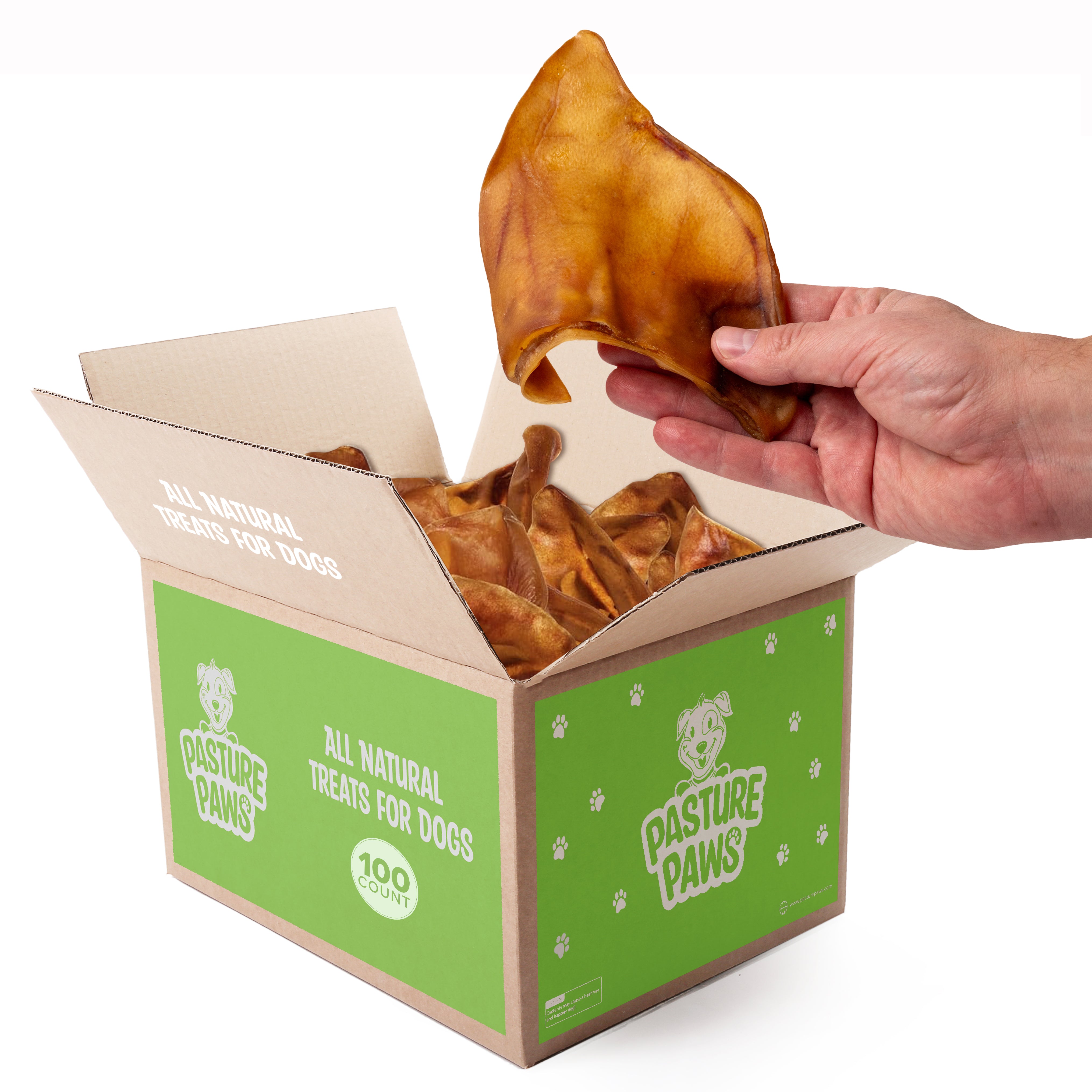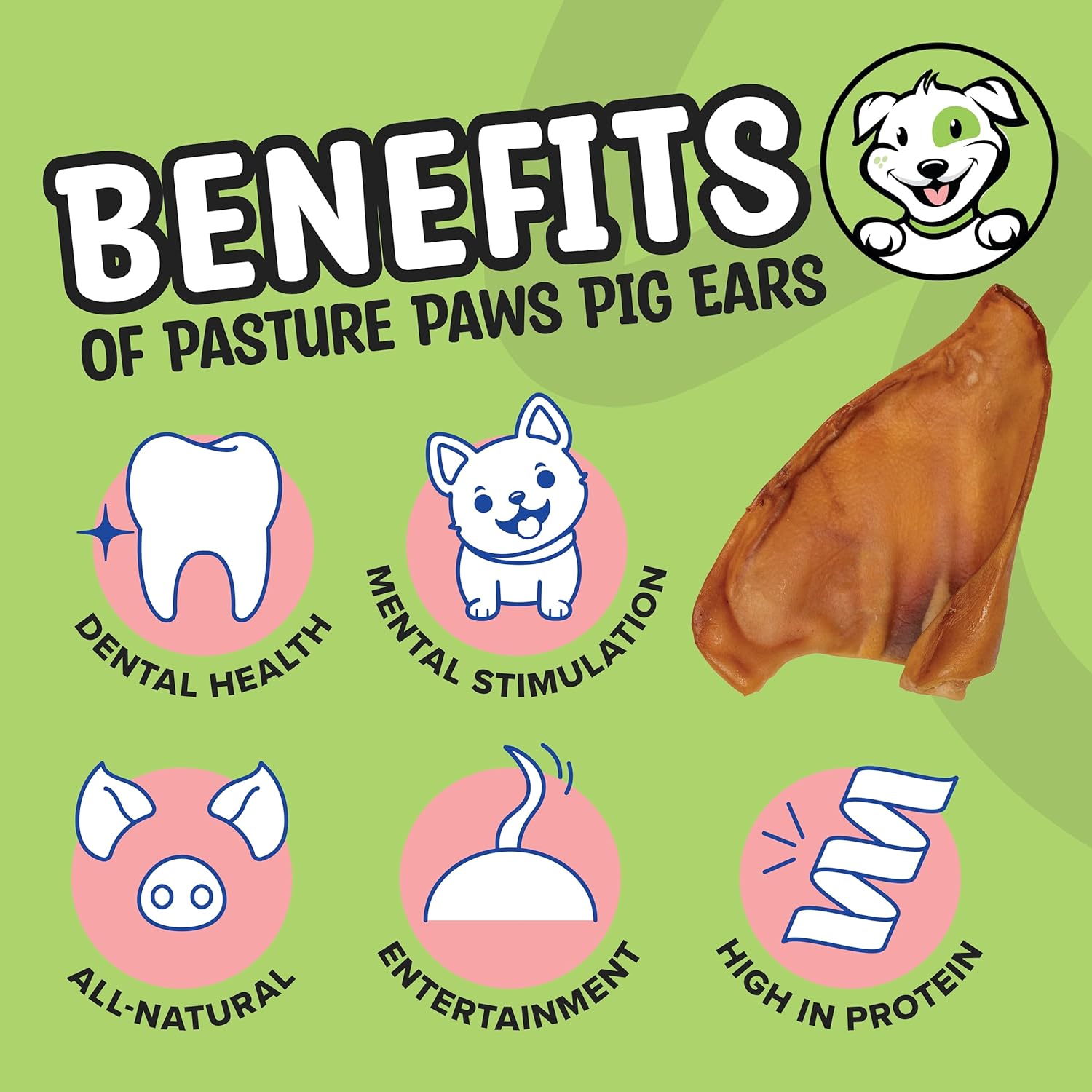Worried about finding the best chew treats for your growing puppies? Are pig ears a safe and nutritious option for them?
Yes, pig ears can be a great treat for puppies when given in moderation. They are high in protein, low in fat, and help maintain dental health by reducing tartar and plaque buildup. Always ensure the pig ears are sourced from reputable suppliers and given under supervision to prevent choking hazards.
Explore our wide selection of pig ears for dogs, pig ears for puppies, and dog treat pig ears to find the perfect treat for your furry friend. Check out our blog to find out if pig ears are good for puppies and get detailed insights and tips on choosing the best treats for your pets.
Understanding Pig Ears as Dog Treats

What Are Pig Ears?
Pig ears are a popular dog treat made from the ears of pigs. They are a natural treat that is high in protein and low in fat, making them a healthy snack for dogs.
The part of the ear used for dog treats is the pinna, which is the flap of the ear. The pinna is mainly comprised of cartilage and skin, with very little muscle. Therefore it is not like normal meat.
Comparison to Other Dog Treats
Compared to other dog treats, pig ears are a healthier alternative to rawhide or other treats made with artificial flavors and dyes.
They offer a variety of benefits that can improve your dog's health and well-being. For example, pig ears can help clean your dog's teeth and provide a satisfying chewing experience.
However, it is important to note that pig ears are not suitable for all dogs.
Dogs with sensitive stomachs may experience digestive issues after consuming pig ears.
Additionally, pig ears can be a choking hazard if they are not properly supervised while your dog is chewing on them.
Nutritional Profile of Pig Ears
Pig ears are a popular treat for puppies and adult dogs alike. They are a natural source of protein, fat, and essential nutrients that dogs need to maintain optimal health.
In this section, we will explore the nutritional profile of pig ears and the benefits they offer to your furry friend.
Protein and Fat Content
Pig ears are high in protein and fat, which are essential nutrients for dogs.
Pig ears contain about 26 grams of protein and 14 grams of fat per 100 grams. This makes them an excellent source of energy for active dogs and those who need to gain weight.
Vitamins and Minerals
In addition to protein and fat, pig ears are also rich in vitamins and minerals that dogs need to maintain good health.
They are a good source of iron, which is essential for the production of red blood cells, and calcium, which is important for strong bones and teeth.
Pig ears also contain other minerals like magnesium, potassium, and phosphorus, which are important for various bodily functions.
Pig ears are also a good source of vitamins like vitamin A, which is important for healthy vision and immune function, and vitamin B12, which is essential for the production of red blood cells and the proper functioning of the nervous system.
Benefits of Pig Ears for Puppies

If you're wondering whether pig ears are good for puppies, the answer is yes. Pig ears can provide several benefits to your furry friend. Here are some of the advantages of feeding pig ears to puppies:
Dental Health Advantages
Pig ears can help improve dental health in puppies.
Chewing on pig ears can help remove plaque and tartar from your puppy's teeth, which can lead to better breath and healthier teeth. This is because pig ears are tough and chewy, which can help scrape away any buildup on your puppy's teeth.
Joint Health Contributions
Pig ears can also contribute to joint health in puppies.
They contain chondroitin and glucosamine, which are essential nutrients for joint health.
These nutrients can help support the growth and development of your puppy's joints, which can be especially beneficial for teething puppies.
Factors When Offering Pig Ears for Puppies
Pig ears for puppies can be a tasty and enjoyable treat, but they come with some potential risks. Here are some precautions to take when giving pig ears to your puppy.
Choking and Digestive Hazards
Pig ears are a hard and crunchy treat that can pose a choking hazard for small puppies.
It is important to supervise your puppy when giving them pig ears to prevent choking and ensure they are chewing the treat properly.
In addition, pig ears can cause intestinal blockages if your puppy swallows large pieces. To avoid this, make sure to discard any small or broken pieces of the pig ear.
Potential for Obesity and Pancreatitis
Pig ears are high in fat and calories, which can lead to obesity in puppies if given in excess.
It is important to limit the number of pig ears your puppy consumes and ensure they are not consuming too many calories from treats.
Overconsumption of pig ears can also lead to pancreatitis, a condition that causes inflammation of the pancreas and can be very painful for your puppy.
Bacterial Contamination Concerns
There have been concerns about the potential for bacterial contamination in pig ears, including Salmonella and E. coli.
It is important to purchase pig ears from a reputable source that follows proper safety protocols and to wash your hands thoroughly after handling the treat.
If you notice any signs of illness in your puppy after consuming pig ears, such as vomiting or diarrhea, contact your veterinarian immediately.
Feeding Guidelines and Moderation of Pig Ears for Puppies
When it comes to feeding your puppy pig ears, it's important to do so in moderation and follow appropriate serving sizes. Pig ears can be a tasty treat for your puppy, but they should not be the main source of their nutrition.
Appropriate Serving Sizes
The appropriate serving size of pig ears for your puppy will depend on their size, weight, and age.
As a general rule of thumb, a puppy should be given no more than one pig ear per week.
It's important to monitor your puppy's weight and adjust their serving size accordingly to prevent overfeeding.
Frequency of Treats
Pig ears should be given to your puppy as an occasional treat, not as a regular part of their diet.
While pig ears can be a good source of protein, they are also high in calories and fat content.
Make sure to supervise your puppy when giving them pig ears to prevent choking and ensure they are chewing the treat properly.
Additionally, pig ears can be a great option for teething puppies, as they provide a satisfying chew.
However, it's important to ensure that the pig ear is manageable for your puppy's teeth and that they are not consuming it too quickly.
Alternatives to Pig Ears
If you're looking for a safer chew option for your puppy, there are plenty of alternatives to pig ears that are both nutritious and satisfying. In this section, we'll explore some of the best options available.
Safer Chew Options
Rawhide chews are a popular alternative to pig ears and are widely available in pet stores.
They come in various shapes and sizes, making them suitable for puppies of all breeds and sizes. However, some dogs may have food allergies to rawhide, so it's best to monitor your puppy closely when introducing this type of chew toy.
Dental chews are another great option for puppies.
These treats are designed to clean your puppy's teeth and freshen their breath while providing a satisfying chewing experience.
Look for dental chews made with natural ingredients and free from artificial colors and flavors.
These durable toys can be filled with treats or peanut butter, providing a fun and stimulating activity for your puppy. They're also great for teething puppies, as they can help soothe sore gums.
Nutritious Treat Varieties
If you're looking for a nutritious treat alternative to pig ears, cow ears are a great option. They're low in fat and high in protein, making them a healthy snack for your puppy. They also provide a satisfying chewing experience that can help keep your puppy occupied for hours.
Other nutritious treat options include lamb ears and chicken feet. Lamb ears are high in protein and low in fat, while chicken feet are rich in glucosamine and chondroitin, making them great for joint health.
Purchasing and Storage of Pig Ears

When purchasing pig ears for your puppy, make sure to select high-quality products. Look for pig ears that are free from any added chemicals, preservatives, or artificial flavors. High-quality pig ears should have a savory flavor that your puppy will enjoy.
Selecting High-Quality Pig Ears
When selecting pig ears, make sure to consider the connective tissue. High-quality pig ears should have a good balance of cartilage and skin, with very little muscle. This ensures that your puppy can safely chew on the pig ear without the risk of choking.
It's also important to consider any allergies your puppy may have. If your puppy has a sensitive stomach or is allergic to certain proteins, it's best to avoid pig ears altogether. Always check with your veterinarian before introducing any new treats to your puppy's diet.
Proper Treat Storage
Proper storage is essential to ensure that pig ears remain wholesome and safe for your puppy to consume. Store pig ears in a cool, dry place and avoid exposing them to direct sunlight or heat. You can also store pig ears in the refrigerator or freezer to extend their shelf life.
It's important to note that pig ears should never be cooked or irradiated, as this can alter their nutritional value and pose a risk to your puppy's health. Additionally, always check for any recalls or warnings before purchasing pig ears for your puppy.
Conclusion
Pig ears can be a good occasional treat for puppies, but it is important to keep in mind a few things before feeding them to your furry friend.
Firstly, ensure that the pig ear is appropriately sized for your puppy to prevent choking or any accidents. Then, supervise your puppy while they are enjoying their treat to ensure their safety and health.
Additionally, pig ears should not be relied on as a primary source of nutrition or dental care. As with any treat, moderation is key to maintaining a healthy diet for your puppy.
While there has been some controversy about using pig ears in the past, they are generally considered to be safe for dogs when given in moderation. As always, consult with your veterinarian if you have any concerns about feeding your puppy pig ears or any other treats.
Frequently Asked Questions
At what age is it safe for puppies to start chewing on pig ears?
It is generally safe for puppies to start chewing on pig ears after they have finished teething, which is around 6 months of age. Before that age, puppies' teeth are still developing, and chewing on hard objects like pig ears can cause dental problems.
Can pig ears help with teething discomfort in puppies?
Yes, pig ears can help alleviate teething discomfort in puppies. The act of chewing on something hard and textured can provide relief to sore gums. However, make sure to supervise your puppy while they are chewing on pig ears to prevent choking or other injuries.
How often should dogs be given pig ears to chew?
Pig ears should be given to puppies in moderation, as they are high in fat and can lead to obesity if given too frequently. A good rule of thumb is to give your puppy a pig ear no more than once a week.
What are suitable chewing alternatives for puppies aside from pig ears?
There are many other types of chews that are suitable for puppies, such as bully sticks, rawhide, and dental chews.
It's important to choose chews that are appropriate for your puppy's age, size, and chewing habits. Also, supervise them while they are chewing to prevent choking or other injuries.
